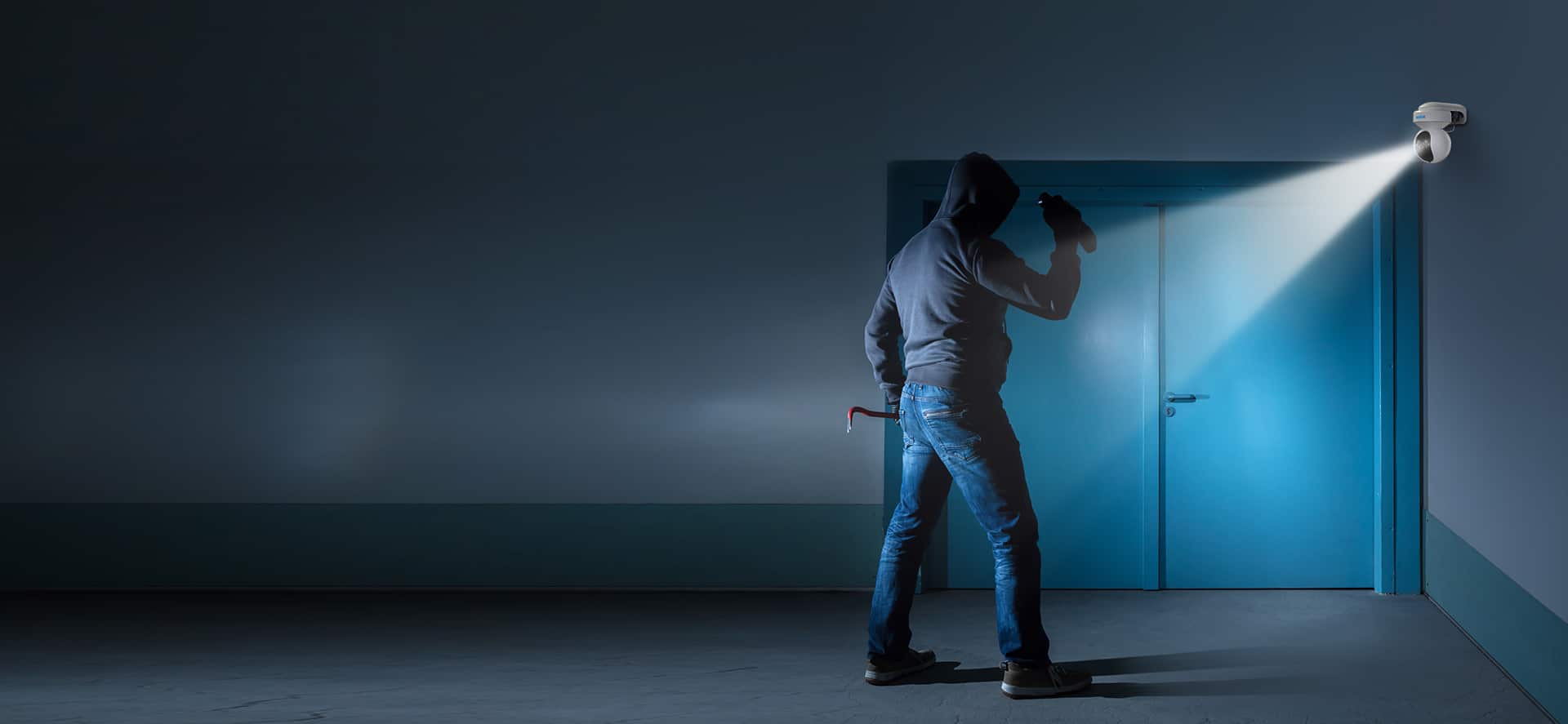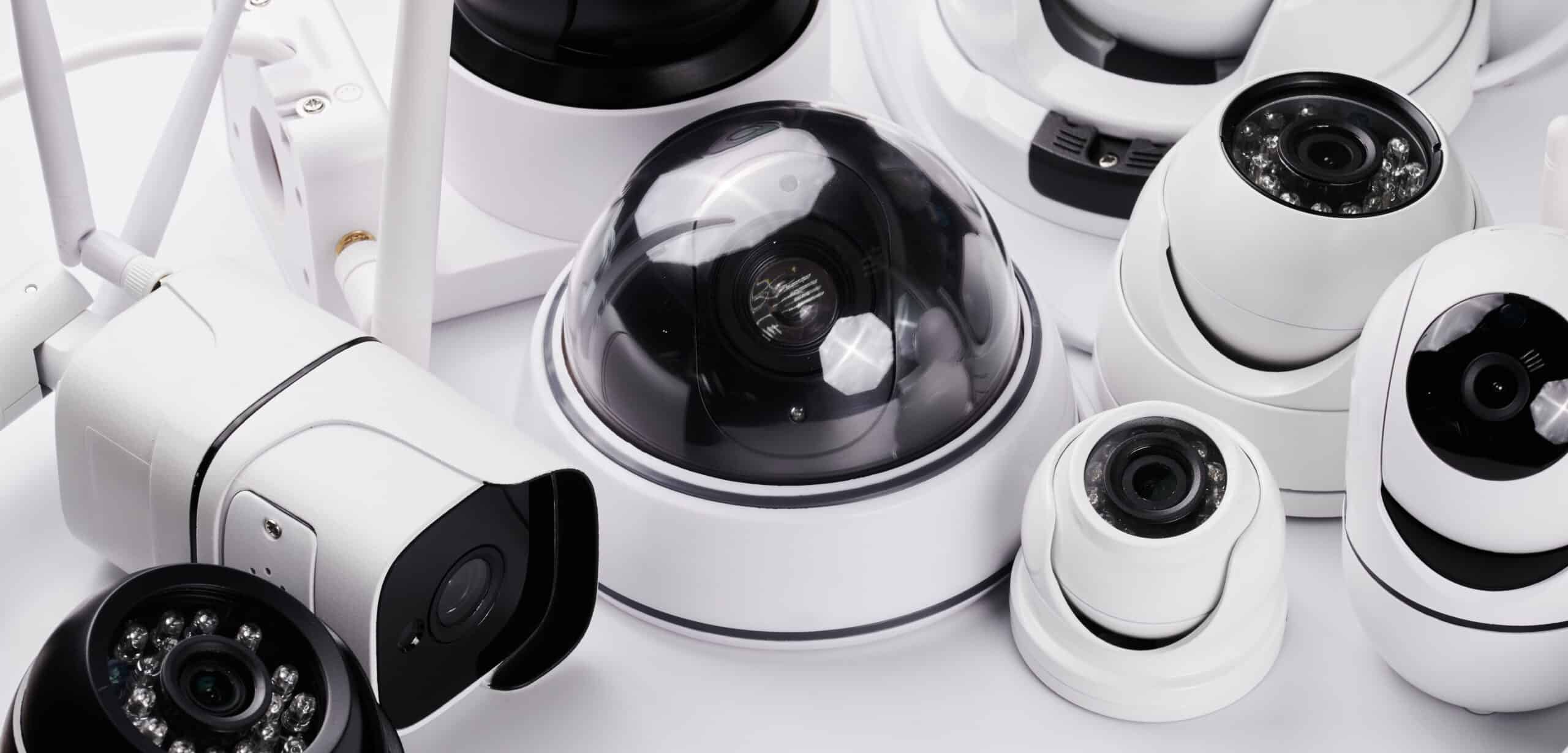As crime rates continue to increase, protecting your home and loved ones has become a top priority. With advancements in technology, home security camera systems have become more affordable and accessible than ever before. In this comprehensive guide, we will explore the benefits, types, features, and installation of home security camera systems.

One of the biggest benefits of home security camera systems is the ability to monitor your property from anywhere, at any time. This is particularly important if you travel frequently or have children or elderly family members at home. Additionally, home security camera systems can act as a deterrent for potential intruders, as the presence of cameras can make them think twice before attempting to break in. In the unfortunate event of a break-in, having a home security camera system can provide valuable evidence to law enforcement and increase the chances of catching the perpetrator.
There are two main types of home security camera systems: wired and wireless. Wired camera systems require a physical connection to a recording device, typically through the use of cables. Wireless camera systems, on the other hand, use Wi-Fi to transmit footage to a recording device. Wireless systems are typically easier to install and can be more flexible in terms of camera placement, but wired systems may offer better reliability and higher video quality.

When selecting a home security camera system, it is important to consider the features that best meet your needs. Night vision is a crucial feature for outdoor cameras, as it allows for monitoring even in low-light conditions. Motion detection can alert you to any movement in the camera’s field of view, while remote access allows you to view footage from your smartphone or other device. Weatherproofing is also important for outdoor cameras, as it ensures the camera will withstand harsh weather conditions.
Proper installation of a home security camera system is key to ensuring its effectiveness. Cameras should be strategically placed to capture all entry points and vulnerable areas. Wiring should be run discreetly to prevent tampering and potential tripping hazards. Set-up of the recording device and remote access should be done according to the manufacturer’s instructions to ensure proper functioning.
While home security camera systems can provide peace of mind, it is important to also consider privacy considerations. Cameras should not be placed in areas where privacy is expected, such as bathrooms or bedrooms. Additionally, regular maintenance, such as cleaning lenses and checking for proper functioning, should be performed to ensure the system remains effective.

In conclusion, home security camera systems are an effective way to protect your home and loved ones. With a wide variety of features and options available, there is a system to fit every budget and need. By considering the benefits, types, features, and installation of home security camera systems, you can make an informed decision and ensure your home is secure.
- How much does a home security camera system cost?
- Can I install a home security camera system myself?
- How long do home security camera systems retain footage
- Are home security camera systems able to differentiate between human and animal movement?
- How can I ensure my home security camera system is protected against hacking?
FAQ Answers
-
The cost of a home security camera system can vary depending on the type of system and the number of cameras needed. Basic systems can start at around $100, while more advanced systems can cost upwards of $500. It is important to consider the features you need and your budget when selecting a system.
-
Yes, many home security camera systems are designed for DIY installation. However, it is important to carefully read and follow the manufacturer’s instructions to ensure proper installation and functioning of the system.
-
The retention period for footage can vary depending on the type of system and the amount of storage available. Basic systems may retain footage for a few days, while more advanced systems can retain footage for several weeks or even months.
-
Some home security camera systems are equipped with advanced technology, such as facial recognition or object detection, that can differentiate between human and animal movement. However, it is important to carefully research and select a system with these capabilities if this is a priority for you.
-
To protect against hacking, it is important to select a system with strong encryption and to regularly update the system’s software. Additionally, it is recommended to change default login credentials and to ensure that all devices connected to the system, such as smartphones or tablets, are protected with strong passwords and security measures.

